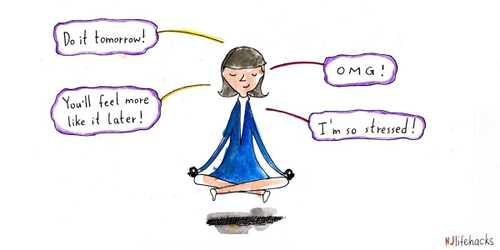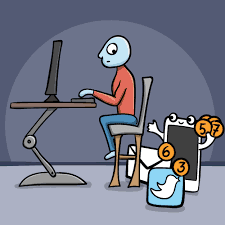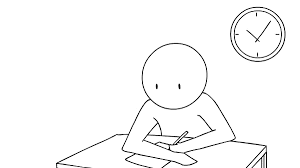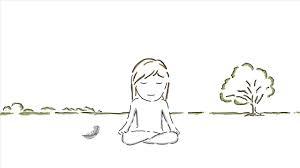Overcoming Procrastination: Why Mindfulness is The Key
Curated from: fityourself.club
Ideas, facts & insights covering these topics:
5 ideas
·42.5K reads
58
Explore the World's Best Ideas
Join today and uncover 100+ curated journeys from 50+ topics. Unlock access to our mobile app with extensive features.
The #1 skill to overcome procrastination
Facing a task, experiencing the uncomfortable emotions associated with it and doing the task despite those emotions.
2.83K
9.52K reads
Procrastination is an emotion management problem
Happens when we feel uncomfortable (anxiety, overwhelm ) toward a task. We want to do it, but end up doing something else that feels better. We run away from our negative thoughts and emotions.
2.88K
8.85K reads
Our mind is a reason-giving machine
It rationalizes the shit out of anything that’s just a little bit uncomfortable and create excuses as to why we shouldn’t do something now. Those excuses are irrational, but sound superficially reasonable.
2.61K
7.35K reads
Get better at facing your procrastination
Do it by:
- Becoming aware of any negative emotions and the excuses your mind is telling you.
- Learning how to deal effectively with emotions, as our natural tendency is avoidance .
- Practicing mindfulness, which allows us to take action despite experiencing negative emotions.
3.25K
8.56K reads
Mindfulness helps beat procrastination because:
- It helps in recognizing whatever emotions or thoughts we’re experiencing.
- It makes us more self-compassionate.
- It improves our self-control and emotion regulation abilities.
- It helps us tune out distractions.
2.8K
8.28K reads
IDEAS CURATED BY
Thea Newton's ideas are part of this journey:
Learn more about personaldevelopment with this collection
Understanding the importance of decision-making
Identifying biases that affect decision-making
Analyzing the potential outcomes of a decision
Related collections
Similar ideas
Read & Learn
20x Faster
without
deepstash
with
deepstash
with
deepstash
Personalized microlearning
—
100+ Learning Journeys
—
Access to 200,000+ ideas
—
Access to the mobile app
—
Unlimited idea saving
—
—
Unlimited history
—
—
Unlimited listening to ideas
—
—
Downloading & offline access
—
—
Supercharge your mind with one idea per day
Enter your email and spend 1 minute every day to learn something new.
I agree to receive email updates





